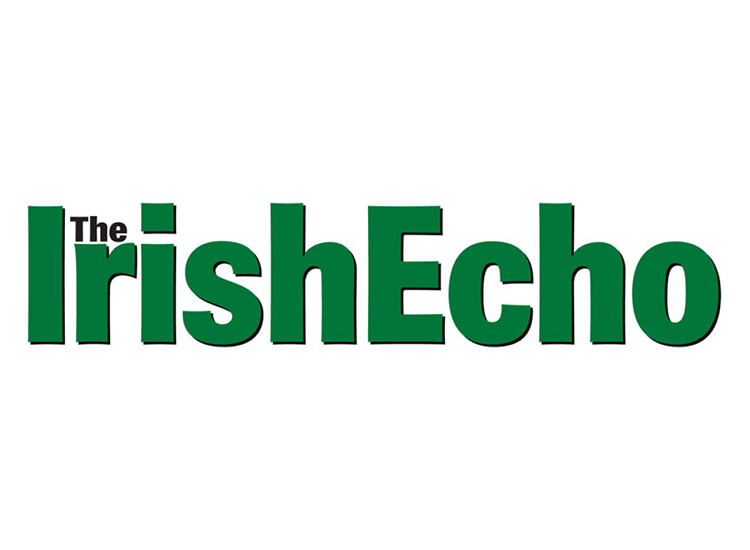According to the British government there will be no international boundary line in the Irish Sea between Great Britain and Northern Ireland when Brexit takes full effect.
By Irish Echo Staff
The border on the island of Ireland might be considered an international boundary by the British government, but the post-Brexit “line in the water” between Britain and Northern Ireland won’t be.
This is according to the British government which today released what RTE described as an “eagerly awaited” paper on how the UK will implement the post-Brexit Protocol.
According to an RTE report on the release (the Irish national broadcaster has seen a copy of the paper) the UK government has said the Irish Protocol does not create an "international" border on the Irish Sea between Great Britain and Northern Ireland.
London, the report stated, has also said there will be no tariffs on any goods moving between Great Britain and Northern Ireland - so long as they remain in the UK's customs territory.
The paper also says there will be no new customs infrastructure in Northern Ireland.
The RTE report stated that the document “is certain to prompt further disagreements between the EU and UK over the requirements of the Protocol.”
The Irish Protocol is not "codified" as a permanent solution, the paper says.
"It is designed to solve a particular set of problems and it can only do this in practice as long as it has the consent of the people of Northern Ireland," it states.
It adds that the Protocol must reflect the reality that the parts that align Northern Ireland with the rules of the EU's single market and customs union "may not be in place forever.”
The document, added the RTE report, is to be presented to the House of Commons by senior UK minister Michael Gove. It is London’s blueprint for implementing the Protocol, agreed as part of the Withdrawal Agreement concluded between the UK and EU last October.
Continued the RTE report: “The EU has long complained that the UK has not been putting in place the necessary preparations to facilitate the Protocol. Today's paper makes repeated reference to the Good Friday Agreement.
“It will be a ‘paramount objective’ that both sides protect the agreement when implementing the Protocol, the paper states.
“The UK says it wants a ‘consensual, pragmatic and proportionate’ approach to implementing the Protocol, which requires customs procedures and regulatory controls on goods moving between Great Britain and Northern Ireland, and a new VAT (Value Added Tax) regime.
The paper states that in terms of goods going from Northern Ireland to the rest of the UK there will be no import customs declarations, entry summary declaration, tariffs, customs checks. Nor would there be any new regulatory checks, additional approvals required for placing goods on the UK market, nor any need for export or exit summary declarations for goods moving from Northern Ireland to Great Britain.
TheJournal.ie news website separately reported that, according to the paper, nearly 23,000 Northern Ireland businesses trade to and from Great Britain and Northern Ireland goods sales to Great Britain are worth £8.1 billion. Trade with Great Britain comprises 56% of Northern Ireland’s total external trade in goods – making it its largest market.
The Protocol, meanwhile, must be ready for implementation by the end of the Brexit transition period, which expires on December 31.










